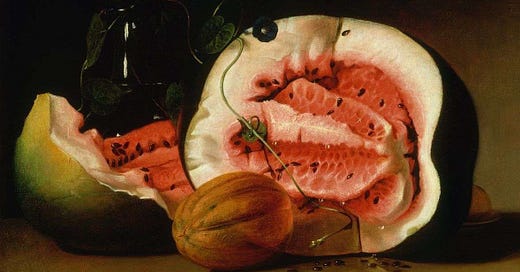Derivative statements such as
'You are only as good as what surrounds you',
'You are what you consume'
'You have the average life of the five people you spend the most time with'
can be tiresome.
While some are inherently advantaged by what surrounds them, others lament their inability to change their surroundings, no matter how much they wish they could.
Certainly, these statements have questionable political implications. But another aspect worth discussing is the omnipresence of causality in every corner of life.
We are constantly interacting, in a vast network of relationships that we call life.
In this interaction, we are not only active, but also passive. We do not create emotions, we experience them.
As the philosopher said, just as everything in nature is subject to causality, our minds are also subject to it because we are not "a kingdom within a kingdom".
Therefore, both our environment and what we consume have a decisive influence on our mental experiences. And our mental experiences in turn have an influence on our practical experiences... There is a cyclical movement here.
So if we want to change our lives, we need to start first with what we consume (which can be books, movies, etc.), and then with our environment.
Because opening up to new encounters leads to new interactions > then to new feelings> then to new thoughts.
These new thoughts then lead to new actions > new actions lead to new outcomes.
Or vice versa: in order to achieve new results, we need to open ourselves up to new encounters.
This may not always be a foolproof formula, but it seems to me to be the path with the highest probability.
One of the often overlooked but quite simple things is the causal relationship between thought - action - event. If you ask yourself why good things happen when you think good thoughts, the answer is not 777.
The secret (!) of a miracle-free life has been explained.




